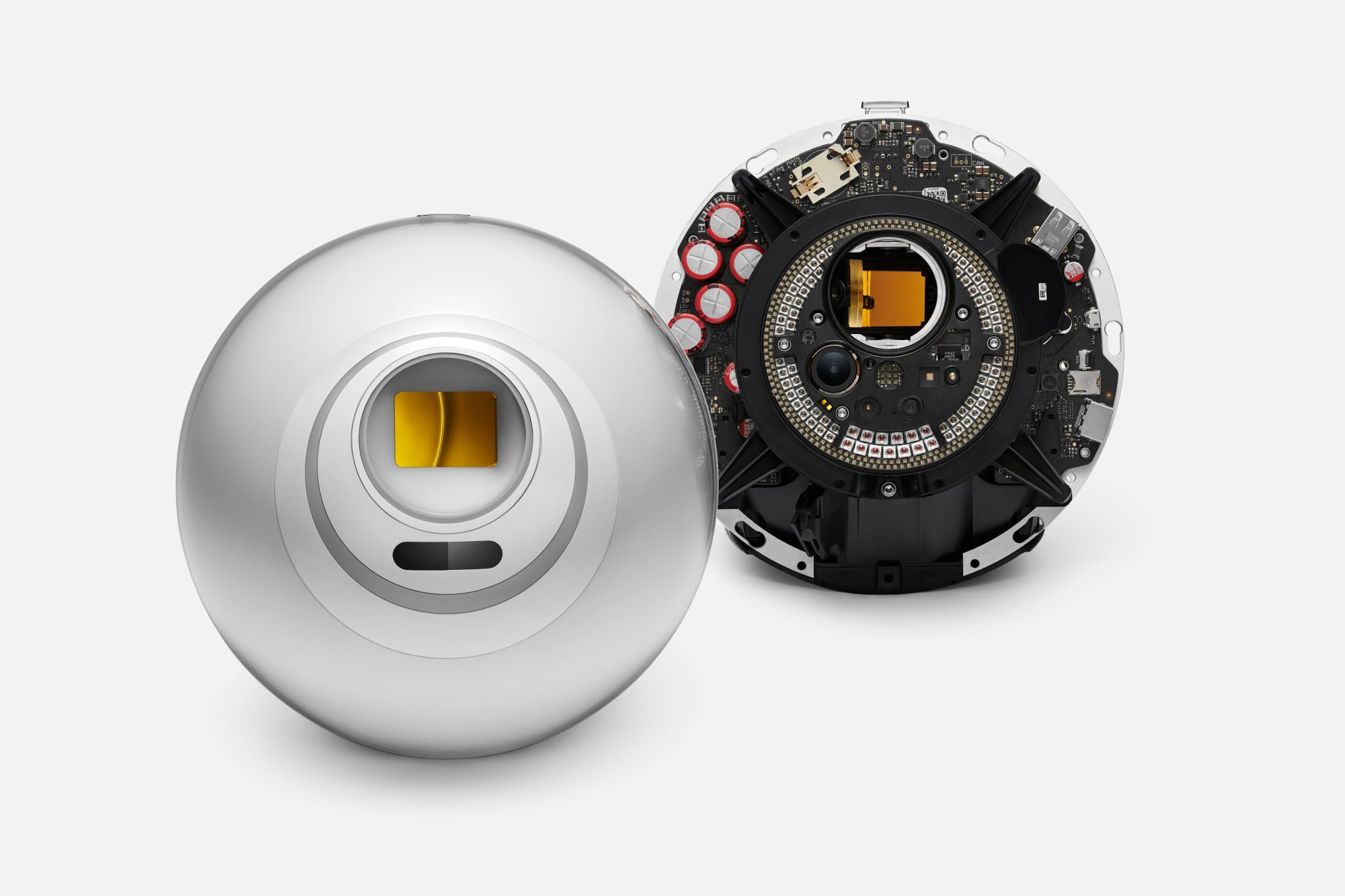World
Biometrics-Based Cryptocurrency Worldcoin Brews Storm of Controversy
By Mara Lafontaine · August 8, 2023
In brief…
- Worldcoin is a new cryptocurrency and identity product co-founded by Sam Altman of OpenAI
- It employs biometric verification through devices called "orbs" to generate a unique WorldID.
- The orbs scan a user's iris.
- Worldcoin has drawn about 2 million users in the last month, but has also faced criticism and controversy.
- An MIT report accused Worldcoin of using deceptive marketing practices to collect biometric data from individuals in vulnerable communities.
- The Kenyan government shut down Worldcoin operations due to concerns over the security of users' biometric data, after the company offered cash incentives to crowds of Kenyans.
- Co-founder Alex Blania insisted user privacy "is not compromised in any form."

Worldcoin, the newly launched cryptocurrency called by some a “digital passport,” aims to redefine its controversial sector with controversial biometric verification. Users confirm their identities through physical devices known as “orbs,” which scan one’s iris and generate a WorldID that can be used online to authenticate their identity without disclosing personal information.
Worldcoin has already attracted some 2 million users since its July release, while its founders - including OpenAI CEO Sam Altman - claim it holds the promise of making possible utopian dreams such as universal basic income.
Worldcoin, however, has also drawn a storm of controversy. An MIT report accused Worldcoin of attracting its first half million users by building a “biometric database from bodies of the poor.” The article said, “We found that the company’s representatives used deceptive marketing practices, collected more personal data than it acknowledged, and failed to obtain meaningful informed consent.”
In Kenya, for example, crowds waited for hours to have their eyes scanned in response to a Worldcoin-sponsored cash promotion. The Kenyan government later shut down the operation over security concerns, including possible misuse of biometric data.
And then there were reports of hacked orbs in May.
In a blog post, Ethereum’s co-founder Vitalik Buterin enumerated “major issues with Worldcoin’s construction,” including privacy, accessibility, centralization, and security. He said his concerns about Worldcoin apply to all proof-of-person systems.
“It’s unlike having your name and address and Social Security number hacked. You can change almost all those things. But what are the risks if your DNA, something that uniquely identifies you, gets hacked?” Jennifer King, privacy and data policy fellow at the Stanford Institute for Human-Centered AI, said to Politico.
Worldcoin co-founder Alex Blania, meanwhile, told Bloomberg, “That [Worldcoin] is controversial is not surprising to us. I think there is this immediate reaction to biometrics, and specifically iris scanning, and that is to be expected. However, the technology is actually privacy preserving ,and we believe it’s going to be very, very important in a time in which AI will become increasingly powerful.”
Blania insisted that “Privacy from the user is not compromised in any form.”